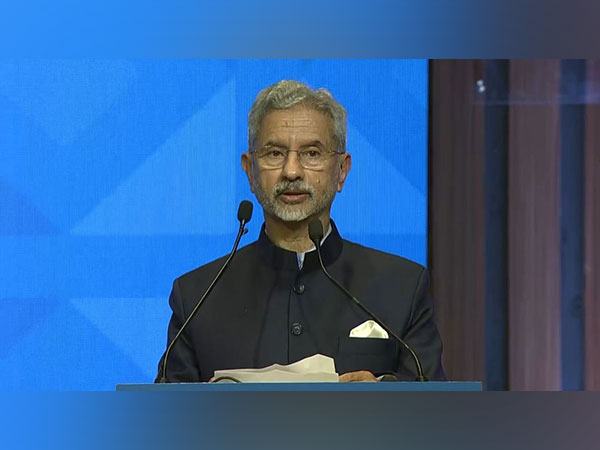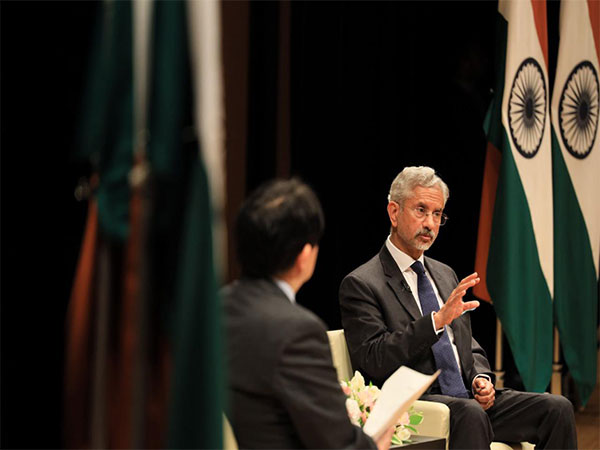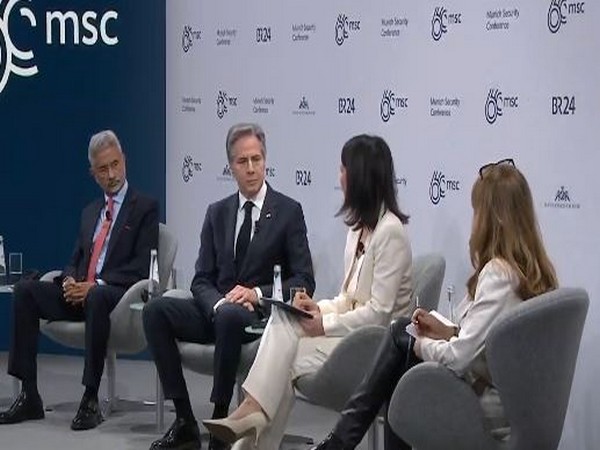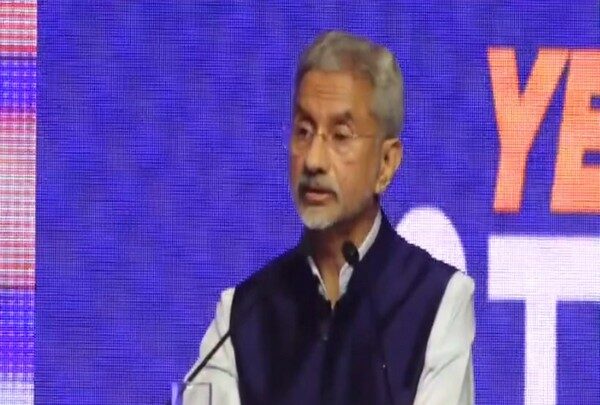In a strong statement on the Israel-Palestine issue, External Affairs Minister S Jaishankar said that whatever the rights and wrongs in the whole conflict between Israel and Palestine, the underlying fact is that the Palestinians have been denied their rights and homeland.
He stated that what transpired on October 7 was a ‘terrorist attack’ but also acknowledged, in reference to the Israeli counteroffensive in Gaza, that every response must take into account something called international humanitarian law.
Jaishankar, who is on a visit to Malaysia, was interacting with the Indian community during an event.
“How different pulls and pressures can be. On one hand, what happened on October 7 was terrorism. On the other hand, nobody would countenance the death of innocent civilians. Countries may be justified in their own minds in responding, but you cannot have a response that…every response must take into account something called international humanitarian law,” Jaishankar said.
“The fact is whatever the rights and wrongs of the issue, there is underlying issue of the rights of the Palestinians and the fact that they have been denied their homeland,” he added.
Hamas launched a horrific terror attack in Israel on October 7 killing more than 1200 people and holding more than 250 people as hostages, out of which over 100 are still in captivity.
In response, Israel launched a strong counteroffensive in the Gaza Strip targeting the Hamas units. However, the operation has also resulted in civilian casualties. According to Gaza ministry, more than 32,000 people have been killed in Gaza including women and children.
Notably, PM Modi was one of the first global leaders to condemn the horrific terror attack on Israel by Hamas on October 7.
However, India has also continued with its weight behind the ‘two-state solution’ to the long-running Israel-Palestine conflict.
Meanwhile, Jaishankar is on an official visit to Malaysia, followed by his visits to Singapore and the Philippines.
Earlier in the day, he called on Malaysian Prime Minister Anwar Ibrahim and expressed admiration for his vision aimed at fostering stronger ties between India and Malaysia. He also emphasised that this vision will serve as a catalyst for crafting a more ambitious agenda to advance the relationship between the two nations.
He also held a round-table meeting with CEOs in Malaysia and appreciated their growing interest in partnering with Indian industries.
“A productive round-table meeting with CEOs in Malaysia. Glad to hear about growing interest in partnering with Indian industries. Encouraged them to join in India’s growth story. Discussed geopolitical developments that can provide more opportunities in business interactions,” the EAM posted on X. (ANI)
For more details visit us: https://lokmarg.com/





